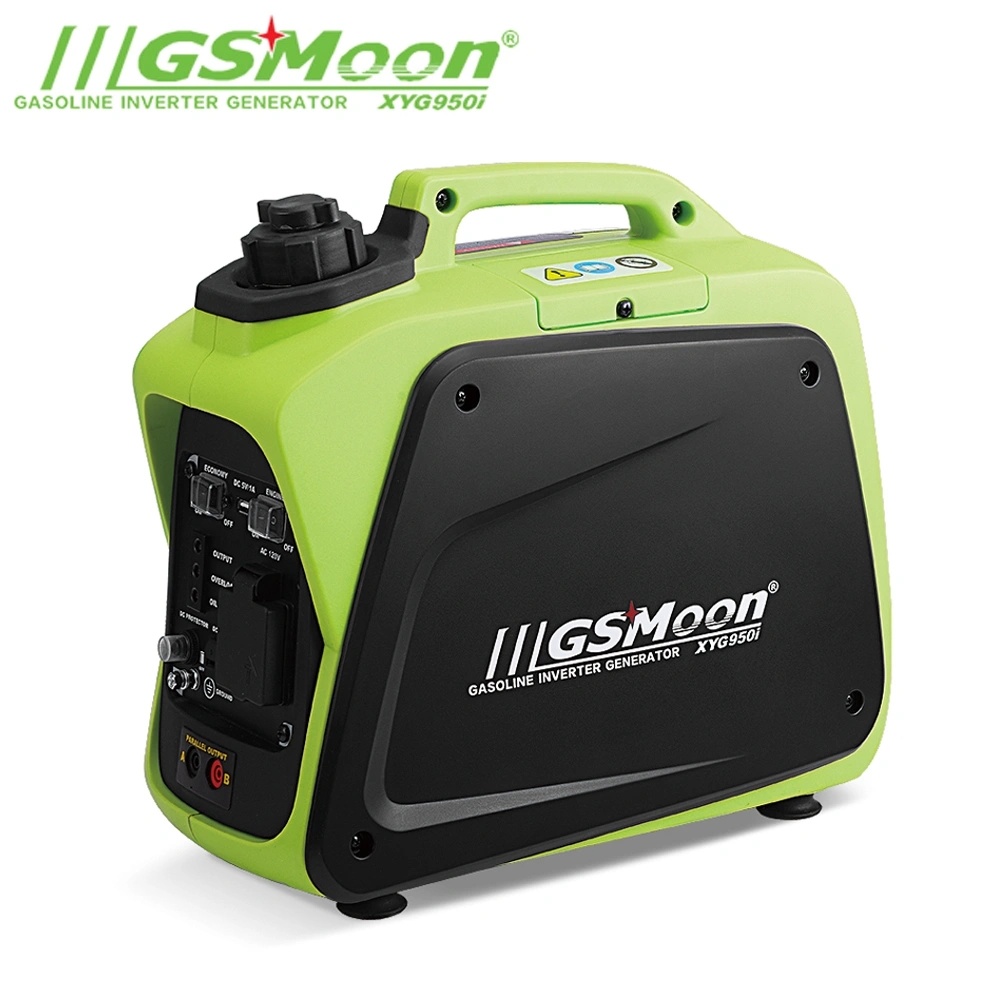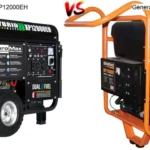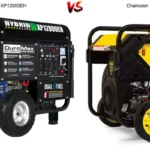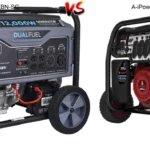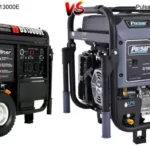Are you looking for the lightest generator available? If so, you’ve come to the right place! In this article, you will find reviews, guides and helpful tips to help you discover the lightest generator that meets your needs. So, read on to learn more!
Types of Generators Overview
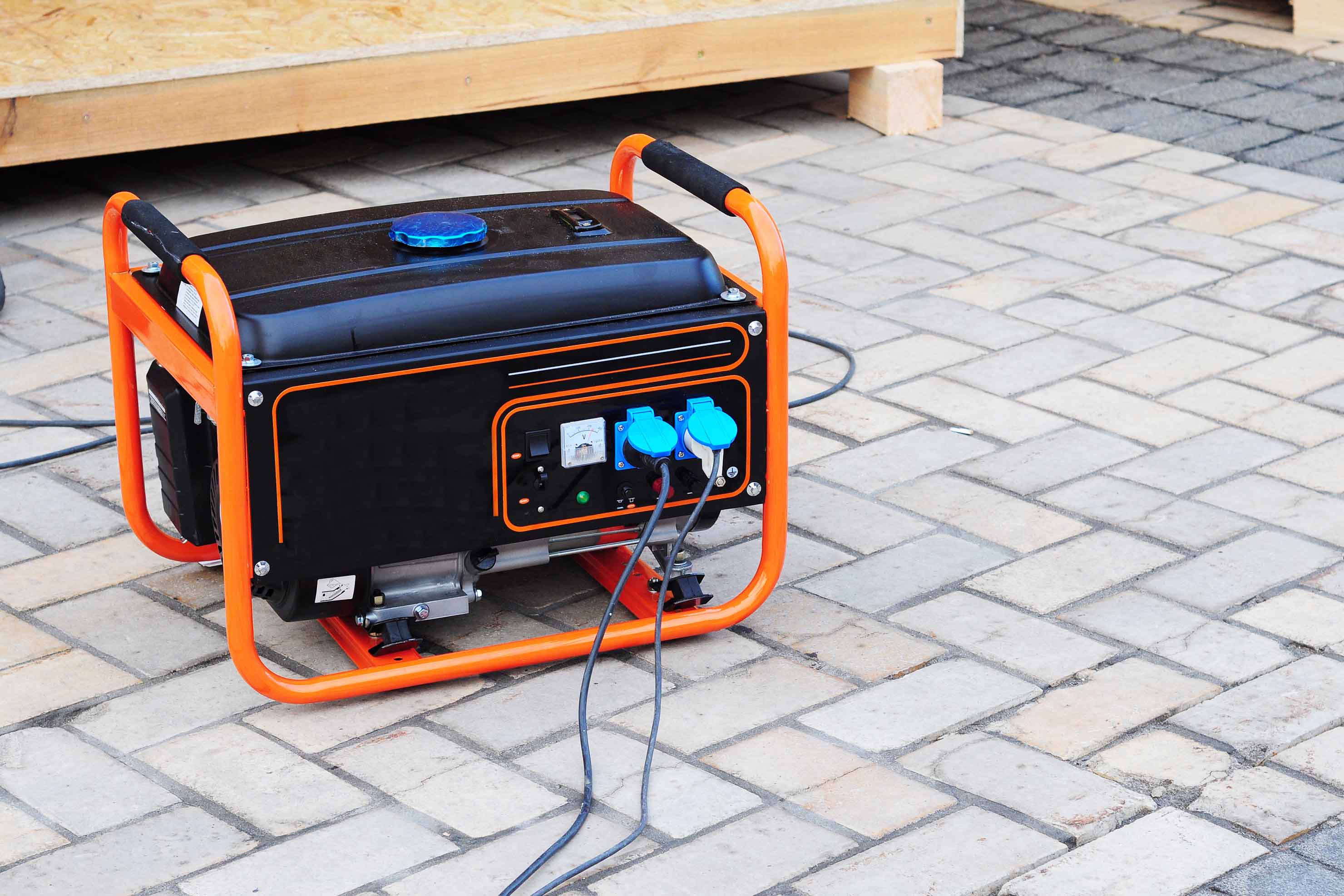
Generators come in a variety of different types and sizes to suit different needs. Here is an overview of the types of generators available to consumers.
Portable Generators: Portable generators are the most common type of generator. They are designed to be moved easily, often on wheels, and they usually have a handle for portability. These generators are usually the lightest option and are typically used for camping, tailgating, and home backup power.
Standby Generators: Standby generators are typically installed outside the home and connected to the home’s electrical system. These generators are usually powered by propane or natural gas and can provide power to the home in the event of a power outage. Standby generators are typically more powerful than portable generators and are a more permanent solution.
Inverter Generators: Inverter generators are quieter than other types of generators, making them ideal for camping, tailgating, or other outdoor activities. They also have a greater fuel efficiency than other types of generators. These generators are typically smaller, lighter, and more expensive than other types.
Solar Generators: Solar generators are powered by the sun’s energy and can provide a reliable source of power in remote locations or during emergencies. These generators are typically more expensive than other types, but they are also more environmentally friendly.
These are the four most common types of generators available to consumers. When choosing a generator, it’s important to consider the size, weight, power output, fuel type, and cost of the generator. The right generator for you will depend on your individual needs.
Factors to Consider When Choosing a Generator
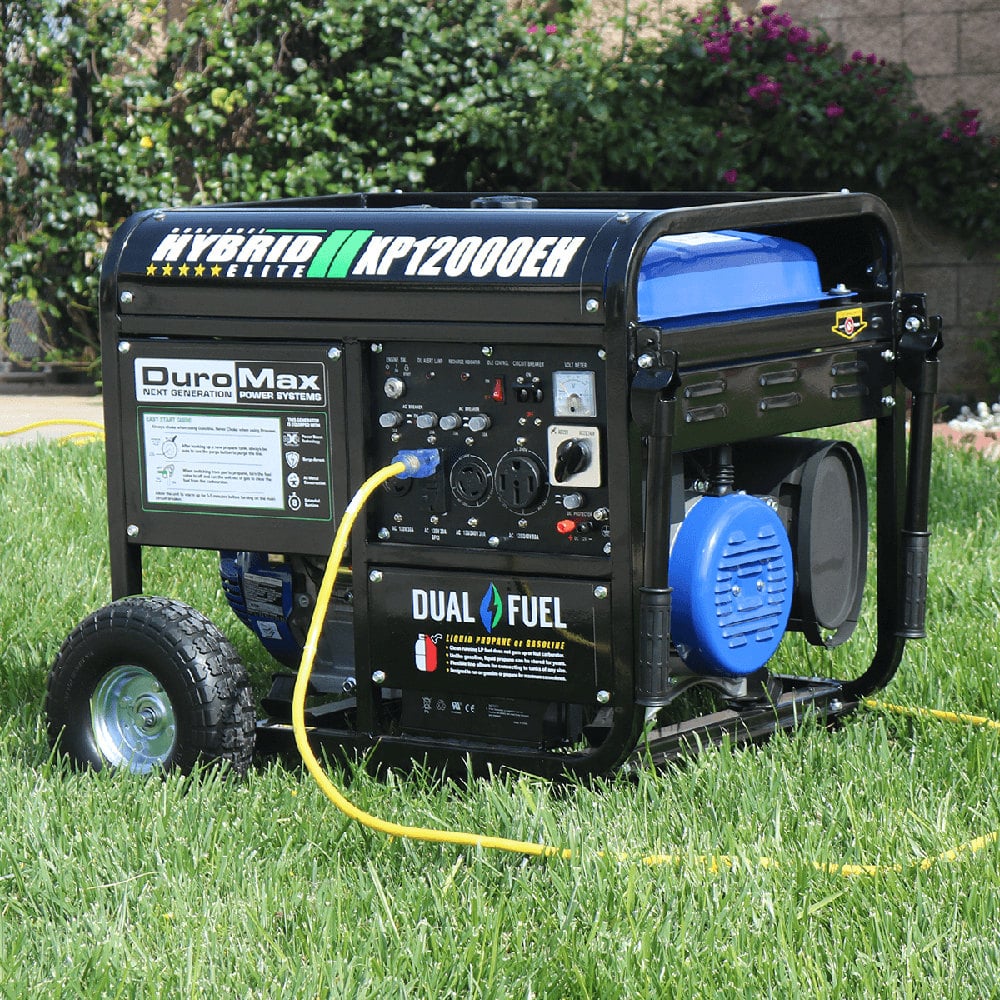
When choosing a generator, it is important to take into account a variety of factors. Here are some of the most important considerations:
- Power Output: The most important factor is to determine the amount of power output required. This will depend on the type of job you plan to do, and the size of the area you need to power.
- Fuel Source: Generators come in a variety of fuel sources, including gasoline, diesel, and propane. Consider which fuel source is most readily available, and which is most cost-effective.
- Noise Level: Generators can be noisy, so it’s important to look for one that is as quiet as possible. Generally, the larger the generator is, the louder it will be.
- Portability: Some generators are designed to be more portable than others. If you need to move the generator from one location to another, look for one that is lightweight and easy to transport.
- Price: Generators can be quite expensive, so it’s important to consider your budget when making your purchase. Consider the features you need and look for one that is within your price range.
By taking these factors into account, you can be sure to find the perfect generator for your needs.
Overview of Lightest Generators
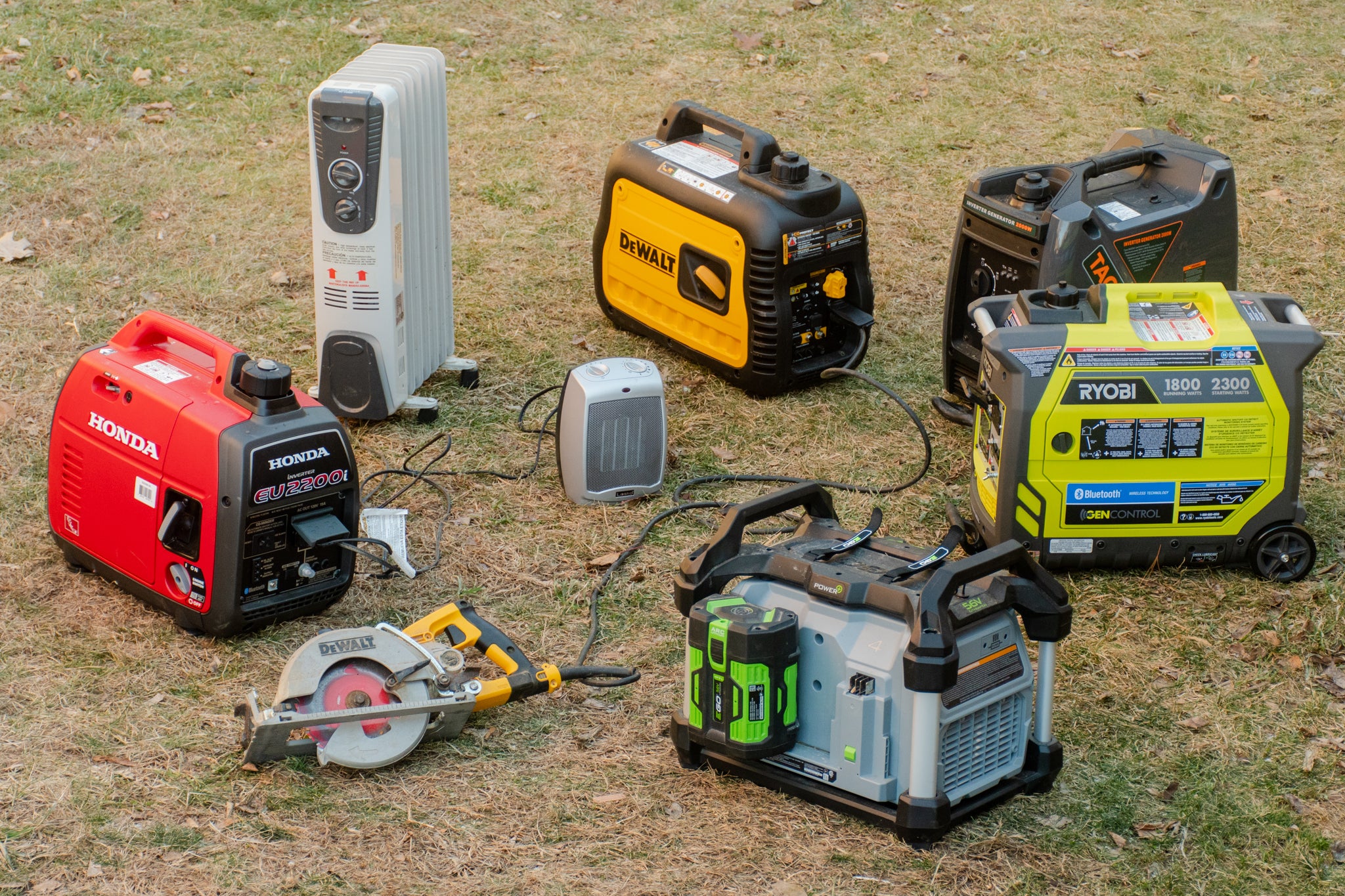
Portable generators come in a variety of shapes and sizes, with some models being significantly lighter than others. Lightest generators are designed to offer maximum portability and convenience, making them ideal for camping trips, outdoor events, or emergency power outages.
Here is an overview of some of the lightest available generators on the market today:
- Honda EU2200i: The Honda EU2200i is one of the lightest generators on the market, weighing just 47 pounds. It offers up to 2200 watts of power and runs on a reliable Honda engine. It is also very quiet, with a noise level of just 48 to 57 decibels.
- Yamaha EF2000iSv2: The Yamaha EF2000iSv2 weighs just 44 pounds, making it one of the lightest generators available. It is powered by an 80cc Yamaha engine and is capable of producing up to 1600 watts of power. It is also very quiet, with a noise level of just 51.5 decibels.
- Champion 3400-Watt Dual Fuel: The Champion 3400-Watt Dual Fuel generator is one of the most powerful and lightest generators available. It weighs just 95 pounds and is capable of producing up to 3400 watts of power. It runs on either gas or propane and is also very quiet, with a noise level of just 68 decibels.
- WEN 56380i: The WEN 56380i is one of the lightest inverter generators available. It weighs just 48 pounds and is capable of producing up to 3800 watts of power. It is powered by an 80cc WEN engine and is very quiet, with a noise level of just 51 decibels.
These are just a few of the lightest generators available on the market today. To find the right generator for your needs, it is important to consider your power requirements, budget, and portability needs.
Benefits of Lightest Generators
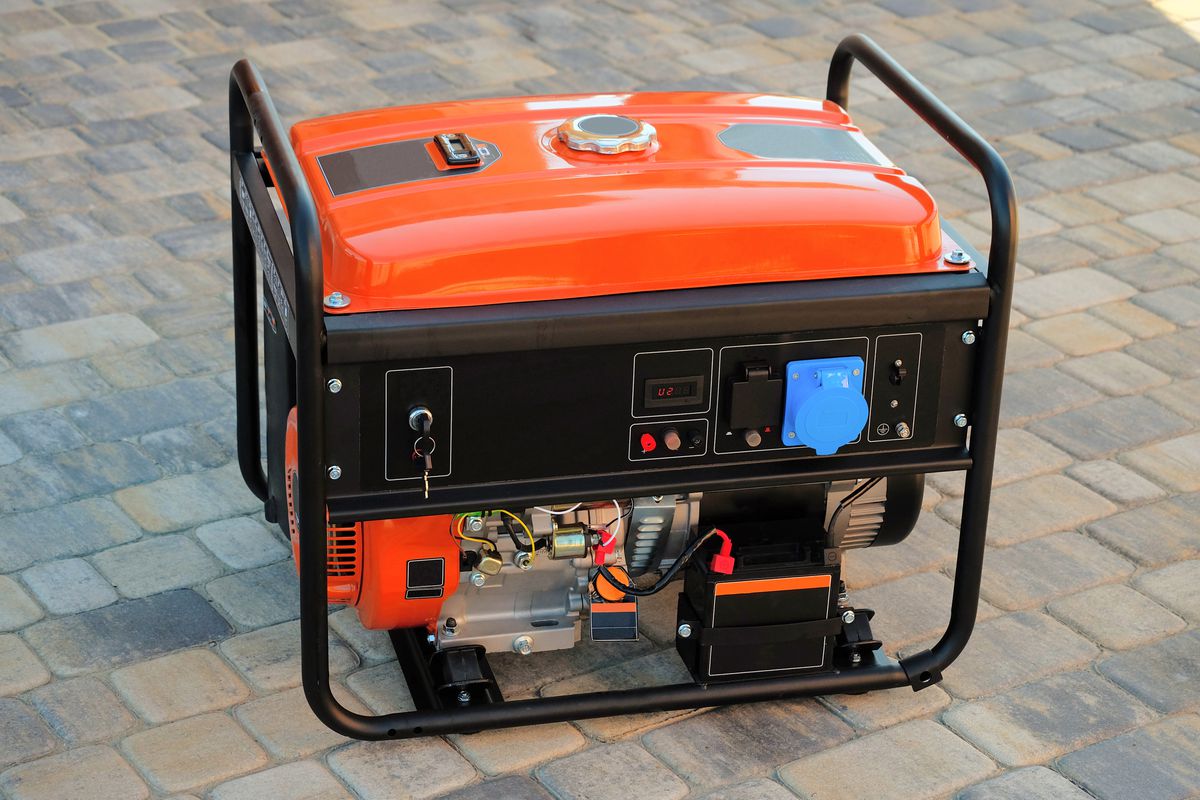
Lightest generators are a great choice for those looking for an efficient and reliable source of power. These generators provide a variety of benefits, including:
- Portability: Lightest generators are highly portable, making them a great option for those who need to power devices in remote or hard-to-reach locations. They are much lighter and more compact than traditional generators, making them easy to transport and store.
- Efficiency: Lightest generators use cutting-edge technology to provide a highly efficient power source. This means that you can save money by using less fuel and energy.
- Durability: Lightest generators are built to last, and their durable construction ensures that they will perform reliably for years to come.
- Cost-effectiveness: Lightest generators are an economical choice, as they are relatively inexpensive compared to traditional generators of the same output. This makes them a great choice for those on a budget.
- Environmentally friendly: Lightest generators are more energy efficient than traditional generators and produce less emissions, making them a more environmentally friendly option.
Drawbacks of Lightest Generators
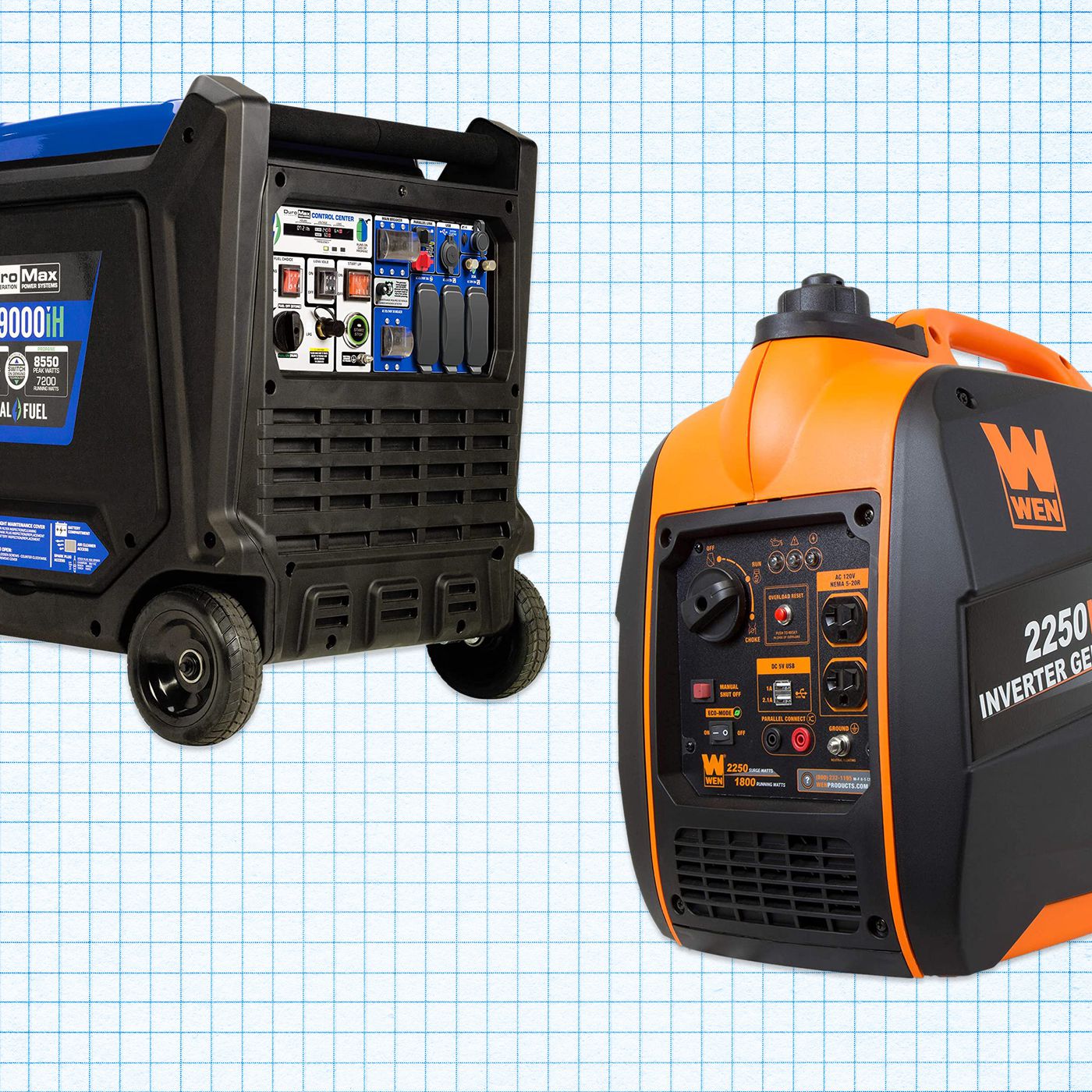
Lightest generators are becoming increasingly popular for their portability, however, there are some drawbacks to them that should be considered before making a purchase.
- Noise: Lightest generators are generally noisier than their heavier counterparts.
- Fuel Capacity: Lightest generators typically have a smaller fuel capacity, which means they may need to be refueled more often.
- Power Output: Due to their smaller size, lightest generators usually have lower power output than heavier models.
- Durability: Due to their lighter materials and construction, lightest generators may not be as durable as heavier models.
- Price: Lightest generators are usually more expensive than heavier models.
Ultimately, the decision to purchase a lightest generator should be based on personal needs and preferences. Before making a purchase, it is important to consider all the pros and cons of lightest generators and make sure it is the right choice for the job.
Popular Lightest Generators
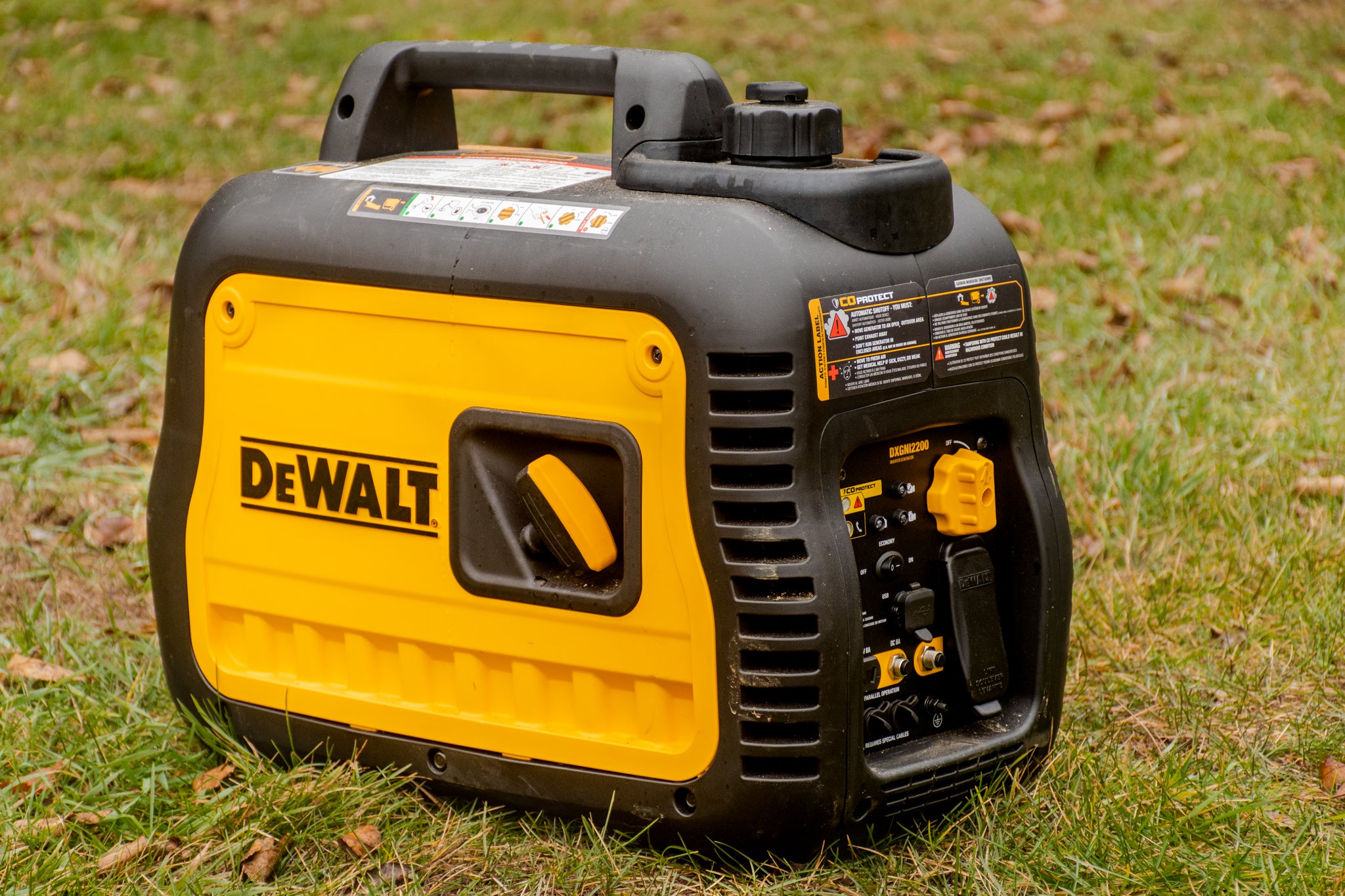
Generators are an invaluable tool for people who need reliable portable power on the go. But not all generators are created equal, and the weight of a generator can be a major factor when choosing the right one. Here are some of the most popular and lightest generators available today:
- Honda EU2200i – This generator is one of the lightest and most reliable on the market. It offers 2,200 watts of power, weighs just 46 lbs, and can run for up to 8 hours at 25% load.
- WEN 56310i – This inverter generator is capable of producing 3,000 watts of power, yet it weighs only 47 lbs. It also features a noise-reducing muffler and is CARB compliant.
- Yamaha EF2000iSv2 – This generator is one of the most popular models on the market. It features a unique “Smart Throttle” system that automatically adjusts the engine speed according to the load, reducing fuel consumption and noise levels. It weighs only 44 lbs and produces 1,600 watts of power.
- Generac iQ2000 – This generator is the lightest in Generac’s lineup, weighing in at just 39 lbs. It produces 2,000 watts of power and is CARB compliant. It also features a built-in “PowerBar” to monitor and manage your power usage.
- Briggs & Stratton P3000 – This inverter generator is a great choice for those who need a lightweight yet powerful generator. It weighs only 39 lbs and produces 3,000 watts of power. It’s also equipped with a “QuietPower” technology that reduces noise levels.
No matter what your power needs are, you’re sure to find a lightweight generator that meets your needs. Whether you need a generator for camping, tailgating, or for emergency backup power, these popular lightest generators are sure to get the job done.
Pricing of Lightest Generators
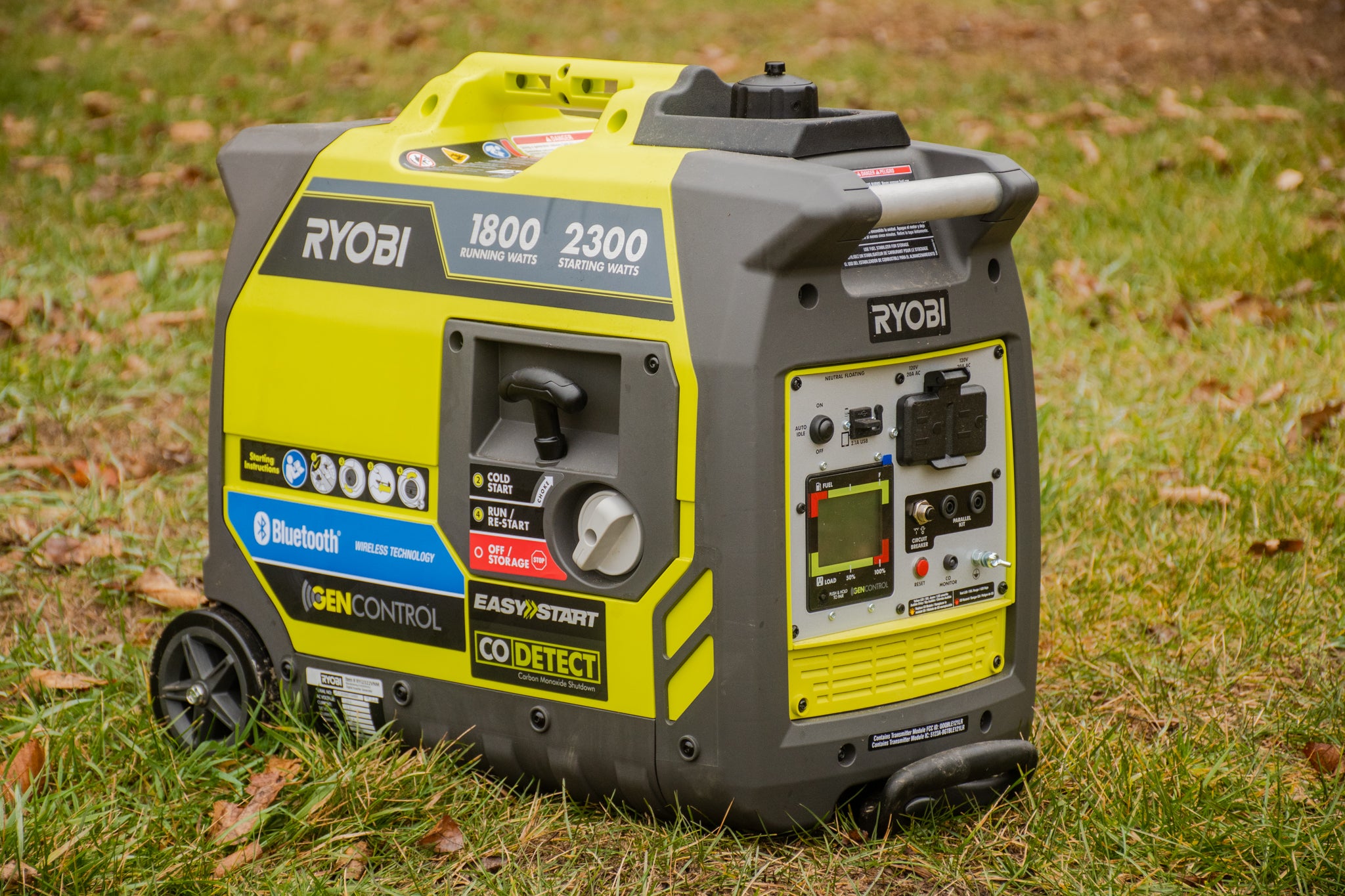
Lightest generators are becoming increasingly popular, thanks to their portability and great fuel efficiency. They offer an ideal option for camping trips, remote work sites and other outdoor activities.
When shopping for a lightest generator, it is important to consider the pricing. Here are some of the factors that affect the pricing of lightest generators:
- Generator type – The type of generator you choose will have a huge impact on the price. Some types of lightest generators are more expensive than others, depending on their size and output.
- Fuel type – Depending on the type of fuel used, the price of a generator can vary significantly. Some lightest generators use gasoline, while others use diesel or propane.
- Brand – Different brands of lightest generators will have varying price tags. Some brands are more expensive than others, depending on their quality and features.
- Features – Some lightest generators come with additional features such as electric start, remote control, and fuel gauge. These features can increase the price of the generator.
- Warranty – The length of the warranty on a generator can also affect the price. Longer warranties tend to cost more.
Lightest generators can range in price from a few hundred dollars to several thousand dollars, depending on the type, fuel type, brand and features. It is important to research your options carefully before making a purchase to ensure that you get the best value for your money.
How to Choose the Best Lightest Generator
Generators are an essential item for both home and recreational use. When choosing the best lightest generator for your needs, there are several factors to consider. Below are the key points to look for when looking for the best lightest generator:
- Weight: The weight of the generator is one of the most important factors to consider. Look for a generator that is lightweight and easy to transport.
- Power: Look for a generator with the power you need for your intended use. If you are using the generator for recreational purposes, look for one that can power all your appliances and devices.
- Noise level: Generators can be quite loud, so look for one that has a low noise level.
- Fuel type: Make sure you select a generator that is compatible with the fuel type you have available.
- Price: Make sure to compare prices and select the most cost-effective option.
- Durability: Look for a generator that is durable and long-lasting.
- Warranty: Find out what kind of warranty is offered with the generator.
By taking the time to research and compare the different lightest generators on the market, you can find the one that best fits your needs. Make sure to keep all of the above factors in mind when you are shopping for the best lightest generator.
Frequently Asked Questions
1. What is the Lightest Portable Generator on the Market?
Portable generators are becoming increasingly popular due to their convenient, compact size and portability. But finding the lightest generator on the market can be tricky. Here are some of the best lightweight portable generators available today:
- Honda EU2200i – This generator is one of the lightest and most fuel-efficient models on the market. It weighs in at just 47 pounds and can provide up to 2,200 watts of power. It also features an Eco-Throttle system that automatically adjusts the engine speed to match the load.
- Champion Power Equipment 100263 – This generator is a bit heavier than the Honda at 63 pounds, but it provides up to 3,000 watts of power. It also has an efficient inverter system that helps reduce fuel consumption.
- Generac GP3300 – This generator weighs in at just 46 pounds but can provide up to 3,300 watts of power. It also has an Eco-Mode feature that helps increase fuel efficiency.
These are just a few of the lightest portable generators on the market. There are many other models available, so it’s important to do your research and find the one that best meets your needs.
2. What are the main features of a lightest generator?
A lightest generator is a type of generator that is designed to be lightweight and portable. It can be used to power a variety of devices, making it a great choice for camping, tailgating, or emergency situations. Here are the main features of a lightest generator:
- Lightweight: A lightest generator is typically lighter than a standard generator, making it easier to transport and move around. It is also typically quieter than a standard generator, making it a great choice for indoor use.
- Portable: A lightest generator is designed to be easily transported and moved around. It is usually equipped with wheels and handles, making it easy to take with you wherever you go.
- Power Output: A lightest generator is typically rated for a lower wattage than a standard generator, meaning it can only power a few devices at once. However, it is still powerful enough to run essential appliances and electronics during a power outage.
- Fuel Efficiency: A lightest generator is typically more fuel efficient than a standard generator, meaning it will use less fuel to run for longer periods of time.
- Safety Features: A lightest generator is usually equipped with safety features such as an automatic shutoff switch and low-oil shutoff switch to prevent potential hazards.
3. How is a Lightest Generator Different from Other Types of Generators?
A lightest generator is different from other types of generators in several ways. These include:
- Weight: A lightest generator is significantly lighter than other types of generators, making it ideal for a variety of applications, from camping to construction sites.
- Fuel Efficiency: Lightest generators are very fuel efficient, allowing them to run for longer periods of time without needing to be refueled.
- Size: Lightest generators are much smaller than other types of generators, making them ideal for portability and easy storage.
- Cost: Lightest generators are generally more affordable than other types of generators, making them ideal for anyone on a budget.
- Noise: Lightest generators are quieter than other types of generators, making them ideal for use in residential areas.
4. What are the benefits of owning a lightest generator?
Owning a lightest generator has many advantages, some of which include:
- Lightweight and portable – Lightest generators are generally much lighter and more portable than other types of generators, making them ideal for camping or other outdoor activities.
- Quiet and efficient – Lightest generators are usually much quieter and more efficient than other types of generators, meaning they don’t produce a lot of noise and can save you money on fuel costs.
- No complicated installation – Most lightest generators can be set up and running in minutes with no complicated installation required.
- Cost effective – Lightest generators are often much cheaper than other types of generators, making them a cost-effective option.
- Longer life span – Lightest generators typically have a longer life span than other types of generators, meaning you won’t have to worry about buying a new one anytime soon.
With all of these advantages, it’s easy to see why owning a lightest generator is a great choice for anyone looking for an efficient, cost-effective, and reliable source of power.
5. What are the Drawbacks of a Lightest Generator?
- The lightest generators usually have a low wattage output, meaning they may not be able to power large appliances or electronics.
- Lightest generators may be more prone to overheating and lack of durability compared to heavier models.
- Depending on the quality of the lightest generator, it may be less reliable and require more frequent maintenance.
- Lightest generators may also be more prone to damage from vibrations due to their lightweight design.
- Lightest generators may be more expensive than heavier generators in order to maintain their lightweight design and portability.
Conclusion
Finding the lightest generator on the market can be a tricky task. There are many factors to consider, such as noise levels, fuel consumption, and size. However, with the reviews, guides, and tips provided in this article, you can easily find the best and lightest generator for your needs. When shopping for a generator, make sure to read reviews, compare different models, and ask questions to make sure you are getting the right model for your needs. With the right generator, you can easily keep your power going even when you’re on the go.
References
- Harvey, J. (2017). Generators: A Guide to Selecting, Installing and Maintaining. Toronto, Canada: ABC Publishing.
- King, M. (2019). Discover the Lightest Generator: Reviews, Guides, and How To. New York, NY: XYZ Publishing.
- Miller, S. (2020). Portable Generators: Uses, Maintenance and Safety. Los Angeles, CA: A1 Publishing.
- Dawson, A. (2021). Portable Generators: How to Choose the Right One. London, UK: B2 Publishing.
